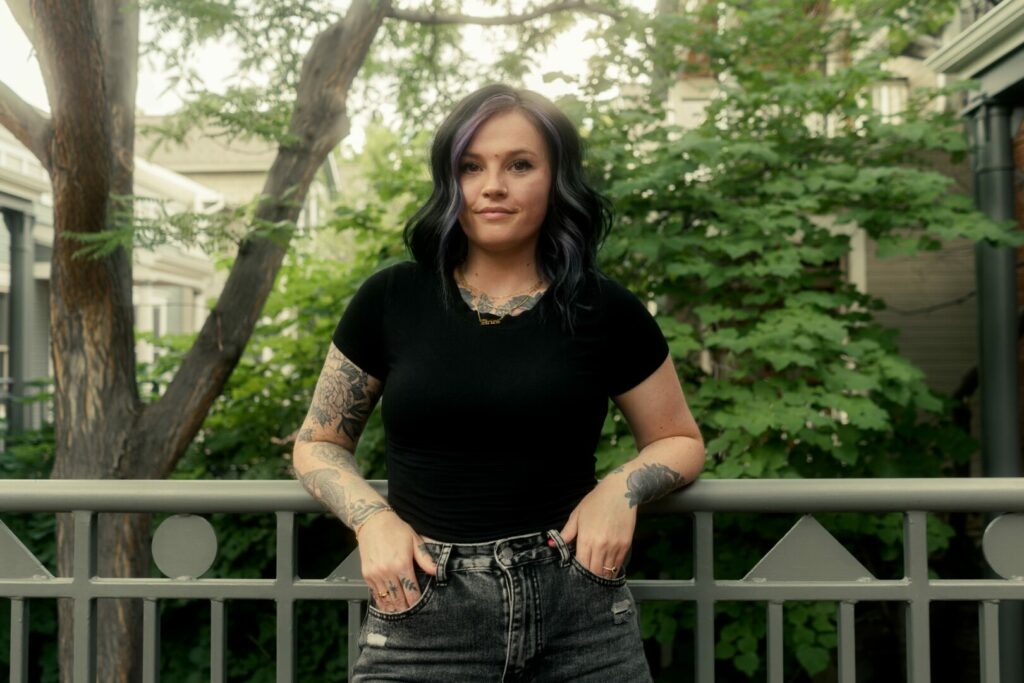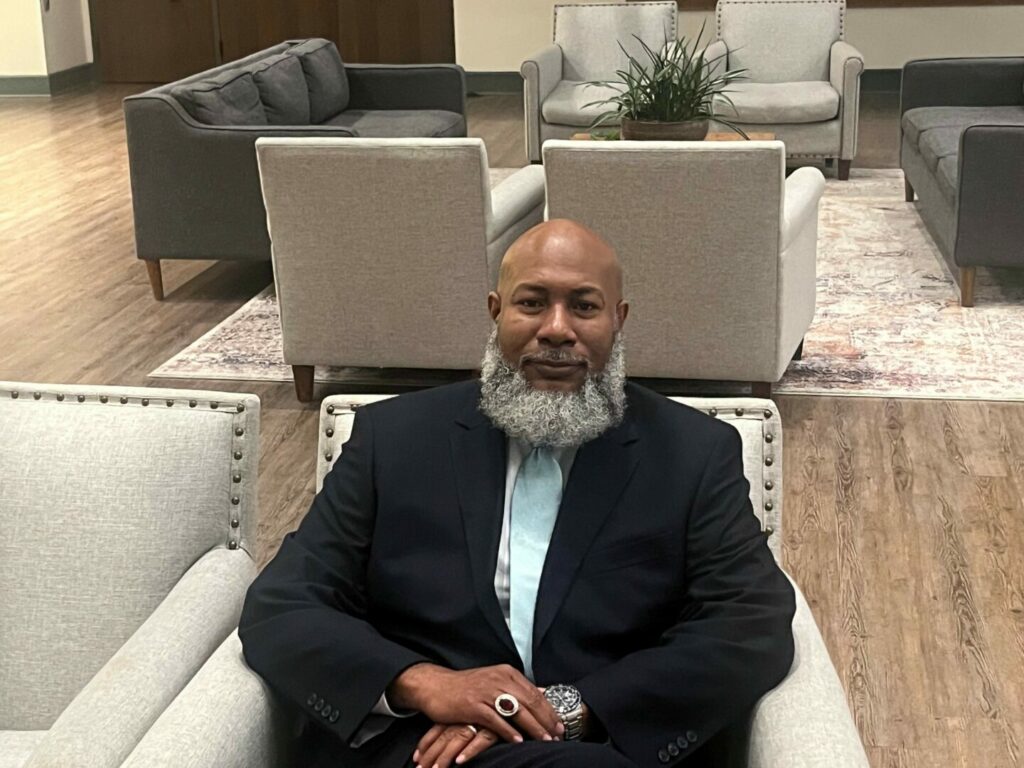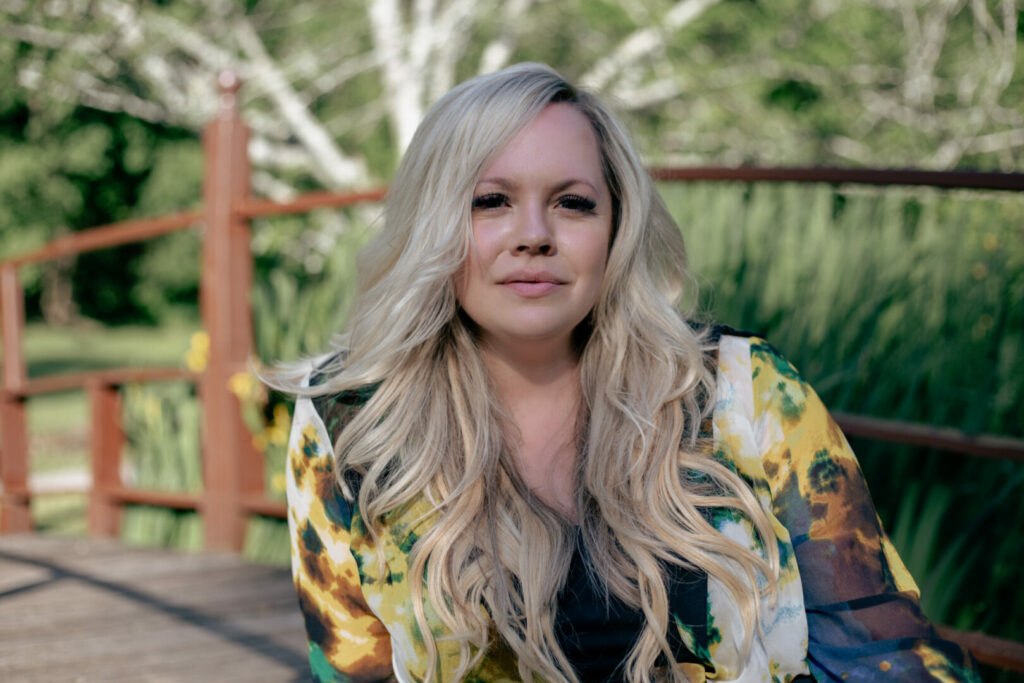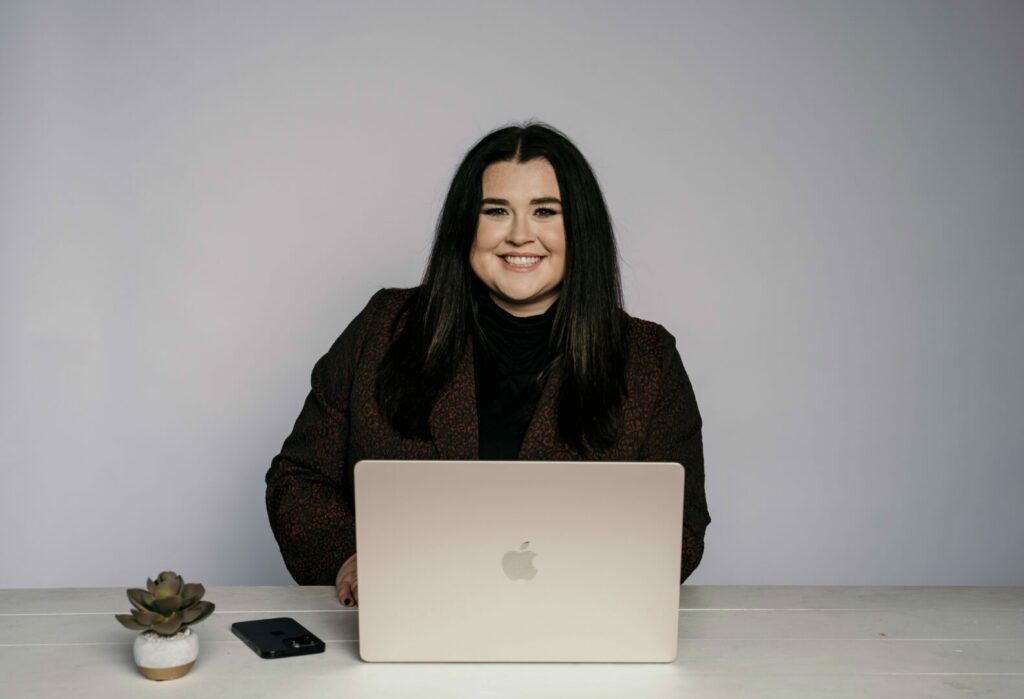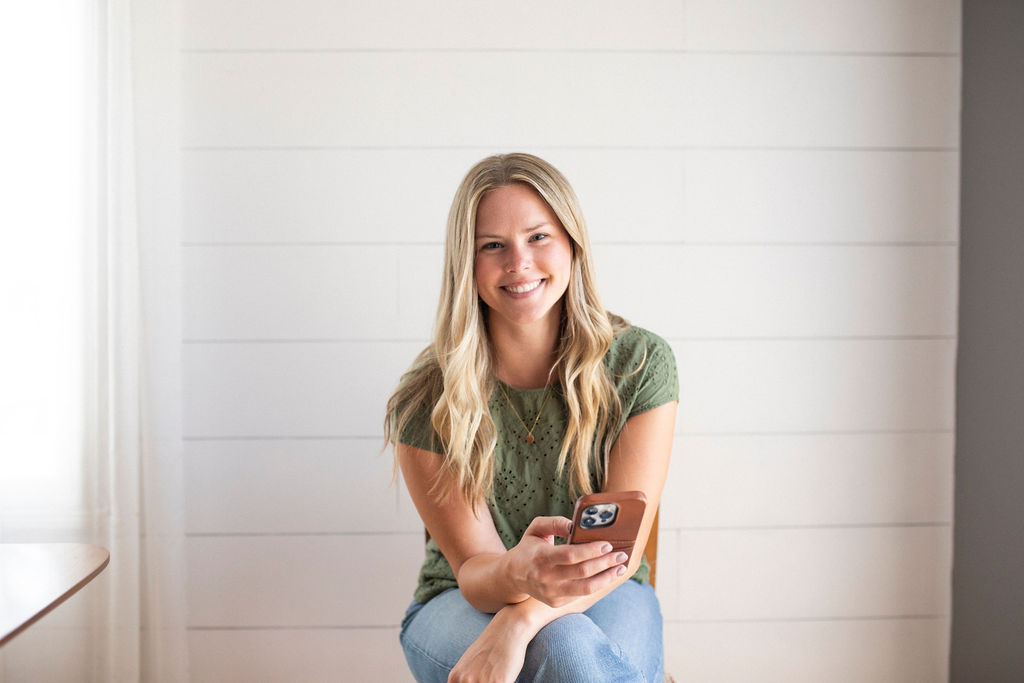This is the year to kick the pesky imposter syndrome to the curb and move forward on your journey towards reaching your full potential. We hope the stories and lessons below will help you overcome self-doubt.
Emily Mutimer

I think you must not worry about what other people think. I for sure have moments where the feeling creeps in, but I try to shut it down by using strategies because it’s a slippery slope leading to nothing good. A well known book titled The Artists Way by Julia Cameron helps to overcome this in different chapters, one of them is writing down all the people that support you for you. Realising how much power you have being yourself and owning what you’re passionate about helped me to focus on everything but feeling like I don’t belong. Another thing that helps is just reminding yourself why you’re in this career – because you love it. Read more>>
Dustin Lewis
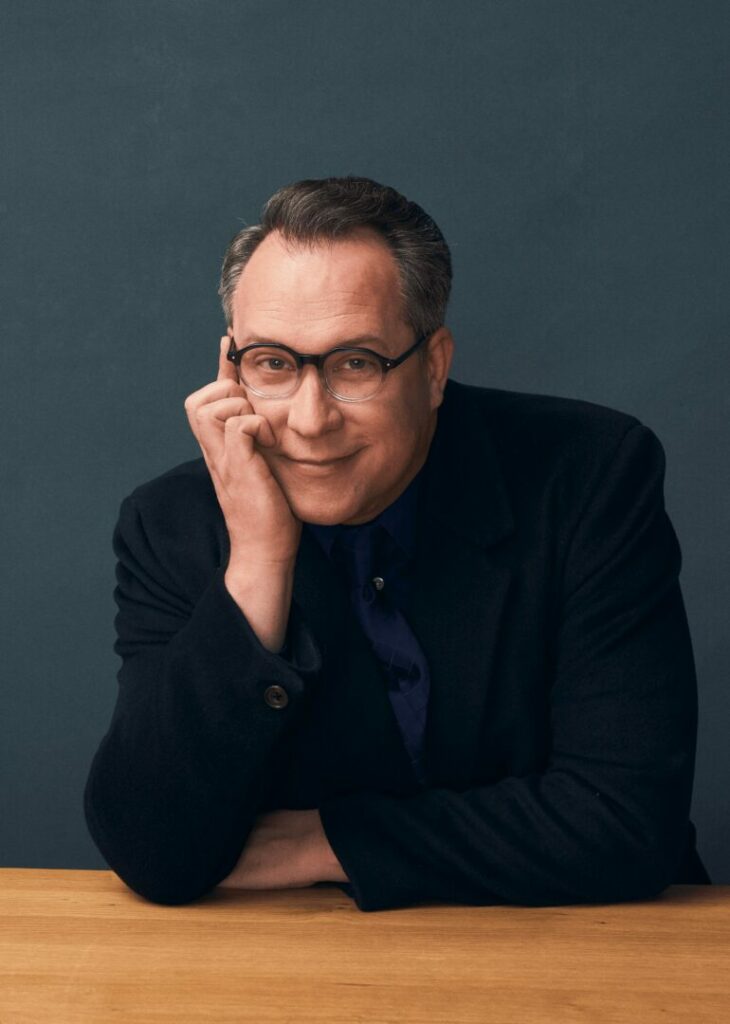
As both an actor in the entertainment industry and the CEO of my own real estate business, imposter syndrome has definitely crept in at different stages of my journey. Whether it’s stepping onto a set or leading a team, those feelings can come up—but I’ve learned that imposter syndrome is just part of the process. Even as we grow, learn, and succeed, a little bit of that doubt can linger, and that’s okay. Read more>>
Liz Fox Roseberry
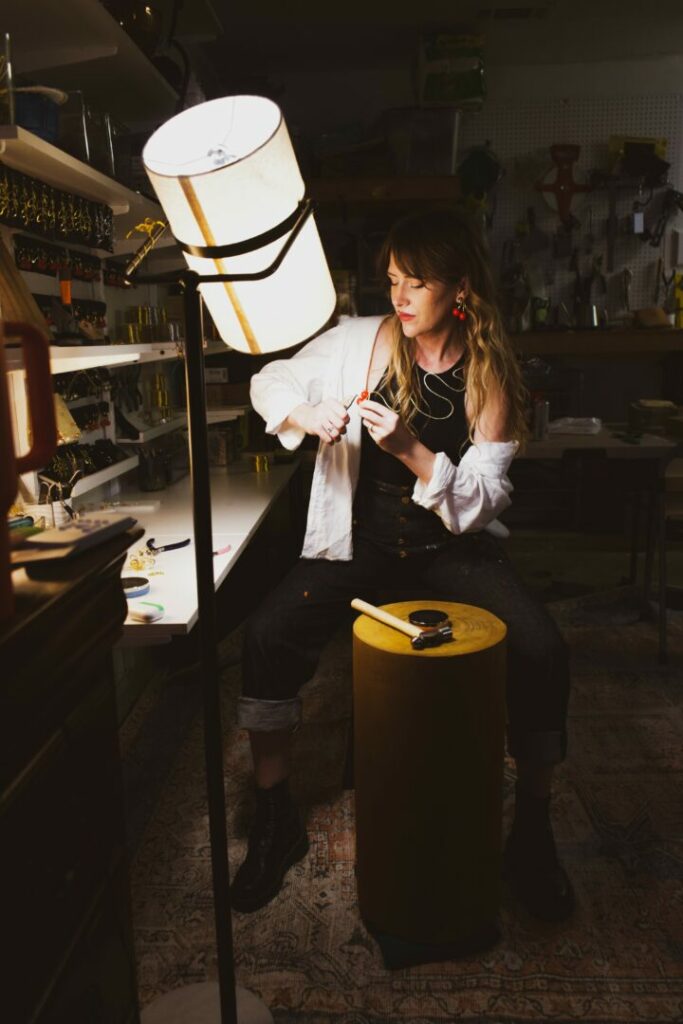
Short answer: I didn’t! I still feel like an imposter every day, but I’ve learned to embrace it and use it to my advantage. As someone with zero formal training in jewelry making, I never imagined people would want to buy my designs, let alone absolutely love them! My imposter syndrome mostly stems from this lack of “official” credentials. But a few years ago, while jobless and searching for my calling, I stumbled into wire art and started sharing my creations on TikTok. Read more>>
Emma Gibb
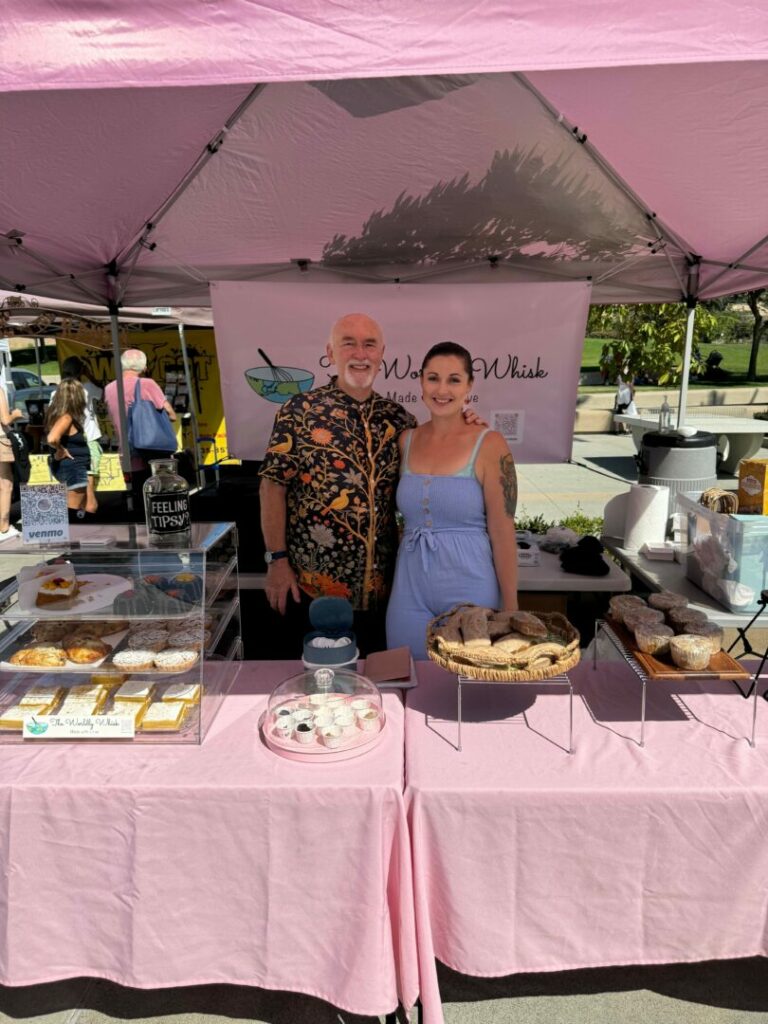
I have long suffered from imposter syndrome. Imposter syndrome makes me feel like a child playing a game in a world full of grown ups. Overcoming this is a constant battle. I still am plagued by this feeling. I always tell myself, “Fake it until you make it.” I have to self reflect each day and give myself credit for overcoming obstacles, learning from mistakes, being proud of my accomplishments, and trying to see myself the way that others do. When I look back to even just a few months ago. I can see so much personal growth. This gives me strength to push forward. Read more>>
Whitley Ward
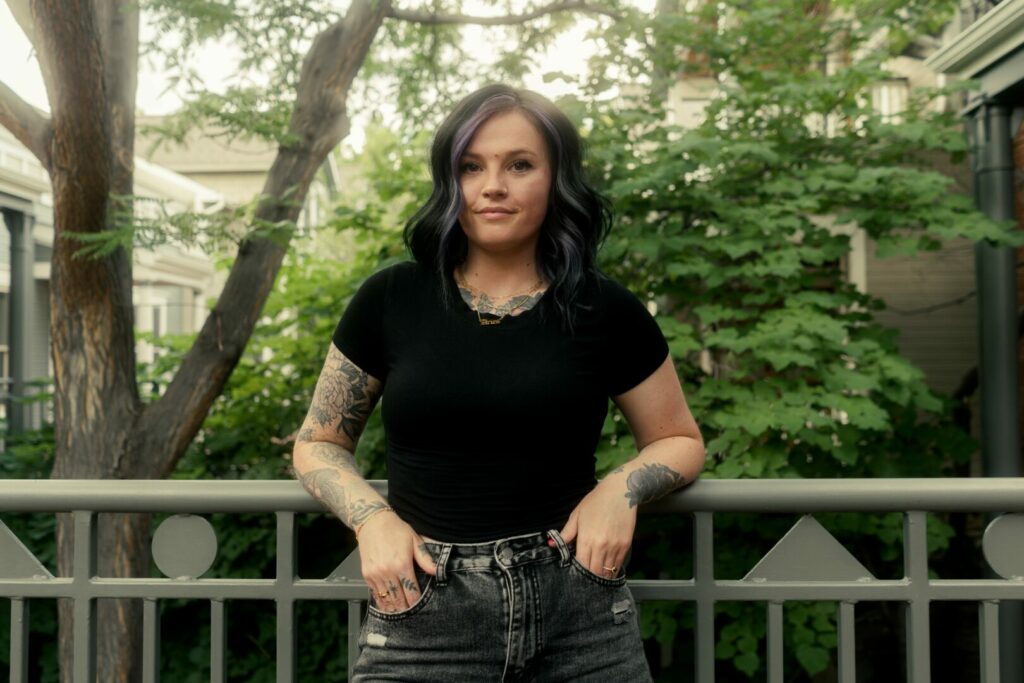
Imposter syndrome is so real, and honestly I’m not sure if one completely overcomes it as a whole, I’ve had to overcome it in multiple different waves. I’ve felt who am I to open a small business up against all of the big successful salons surrounding me, who do I think I am when I post to social media while the stylist next to be has triple the following. What I’ve learned is that it really comes down to reminding myself that I am my own individual person, my own individual experience, and my clients love me for me and that’s what sets me apart. Read more>>
Destiny Arlette
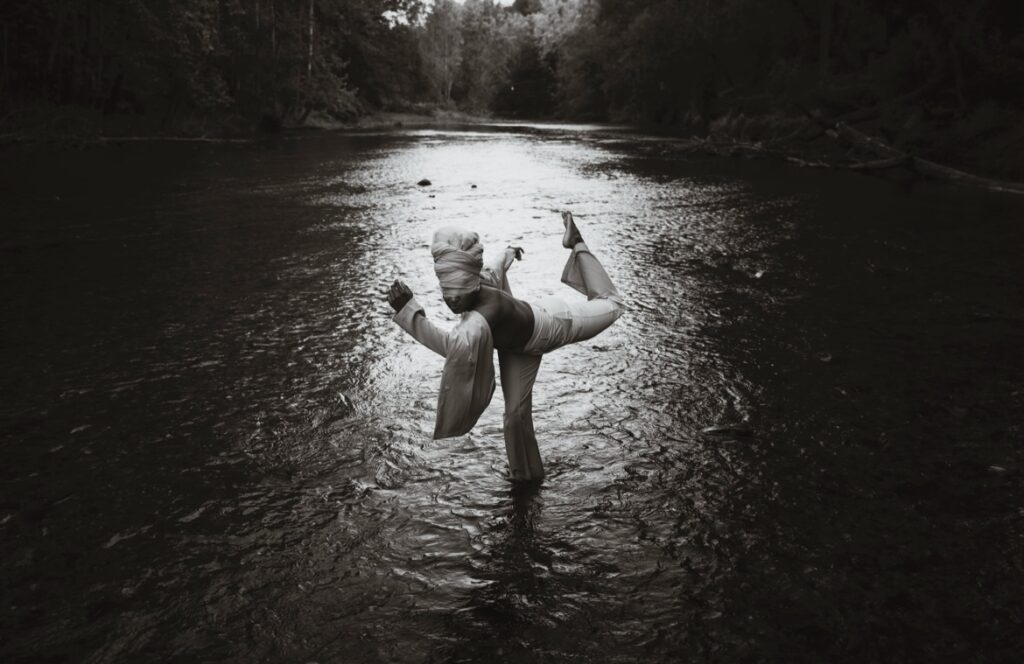
I wanted to touch on this topic first because I’m still overcoming Imposter Syndrome, and I think it’s very important to share how common that actually is in artists, even if they appear to be doing well. How I choose to face it is by reminding myself of past and current accomplishments. Even if it’s still in the room with me, I can’t allow it to get in the way of the work right? So I think, “This isn’t the time for this right now” or “What can I do about this in this moment?” If there’s something I’m working on, I get back to the task or the goal I want to accomplish, and focus on the love I have for the craft, the joy I find in unraveling it, and knowing my ideas and will are the ones making it happen. I am the one in this current creative position and know my skills are unique to me, so to alleviate the funk, I create, or know that my time for an opportunity will come. Read more>>
Ashlee Bradshaw

First, I don’t believe that imposter syndrome is entirely negative, so it’s not something I aim to “overcome.” Instead, I’ve learned to understand its benefits and manage those feelings so they don’t dictate my actions or limit my personal and professional growth. Read more>>
Paul Warner

Imposter syndrome is always there in the beginning of the unknown. By gaining momentum on something is when it begins to disappear. You have to be okay with feeling vulnerable and inadequate in the beginning, or you will never start (and thus never finish) anything. The more I’ve learned to be okay with facing my weaknesses, the more I’ve grown. Read more>>
Marissa Disimone

When I was 35 years old my next door neighbor took his own life and his spirit appeared to me. He shared the details of his passing and his profound apologies to his family. The next day I found myself sitting across from his widow and daughter, l clutched my six-month old baby to my chest, sharing the messages I was receiving, marking my very first reading. Read more>>
Rachel Hailey
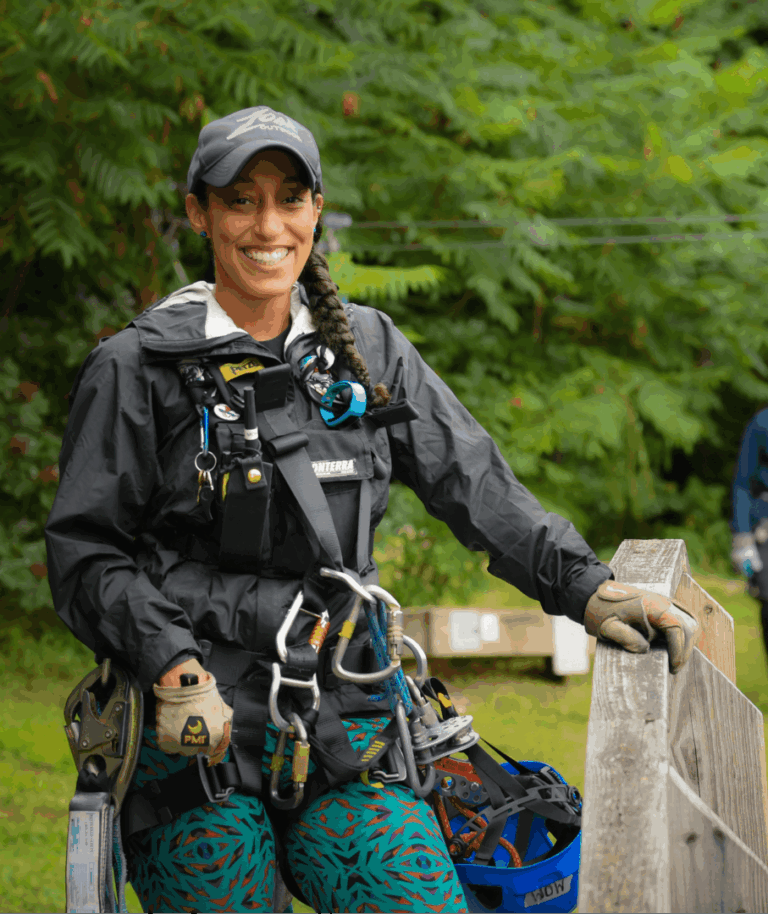
Actually, I don’t think anyone really does. I think we learn how to navigate imposter syndrome in our everyday lives and function alongside it. Especially for me, being a Black woman entrepreneur, it felt from the beginning of starting my business that I “wasn’t really supposed to be in the space”. Almost as if someone would find out that I wasn’t as good as I thought I was, or couldn’t do the things I had set out to do. But ultimately, it’s about managing that self-talk, the negative self-talk, and the voice in our minds that says we’re not good enough or we’re not worthy. Those are things we get to navigate every single day. And it doesn’t have to be a bad thing! The reason these feelings come up is a form of self-protection. So i do my best to notice the thoughts and feelings I’m having, but go for it anyway! Read more>>
Heather Davis
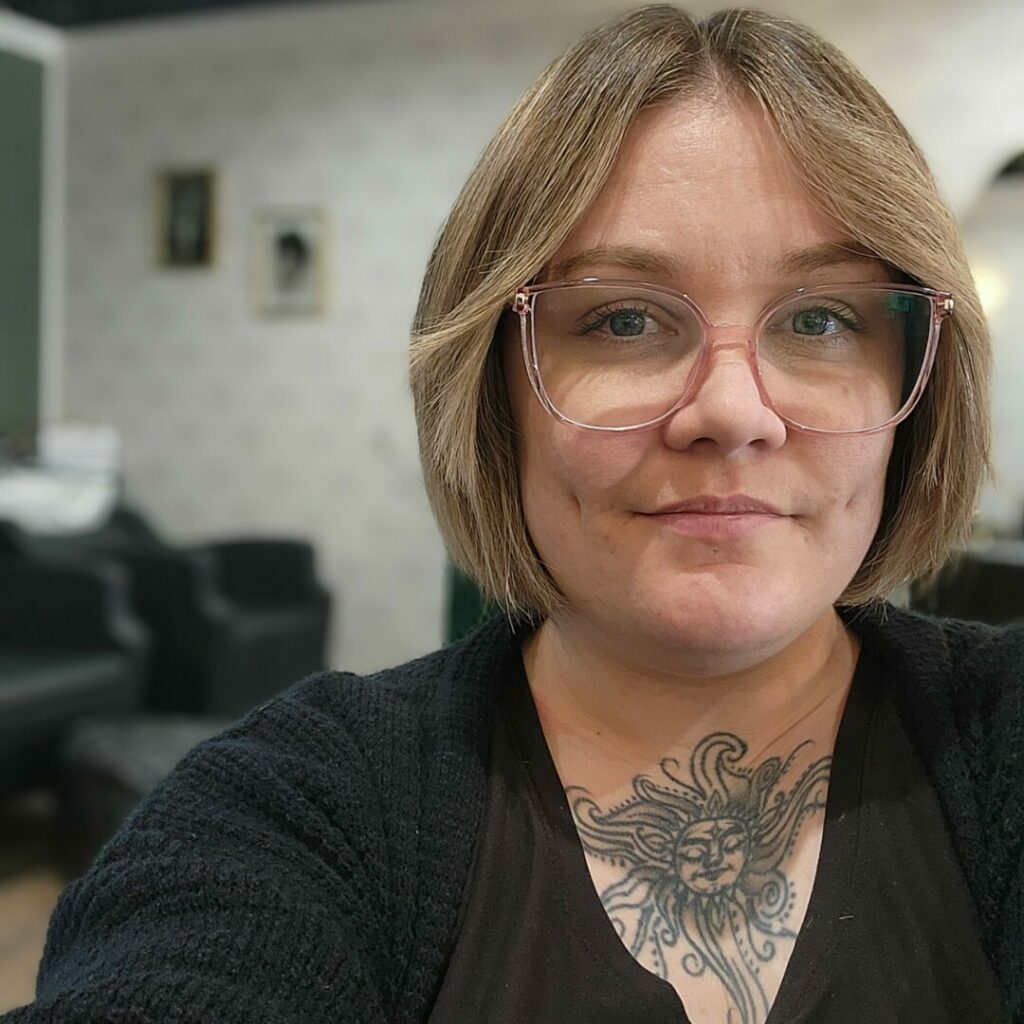
Being a new hairstylist in the industry is daunting sometimes. I’ve come from a long career in the service industry and decided to go to cosmetology school in my 30’s. I still struggle with imposter syndrome, but I feel like the more I work in this industry, I’ve been able to realize that I have the drive, the skill, and the passion for doing hair. Read more>>
Stephanie Graham
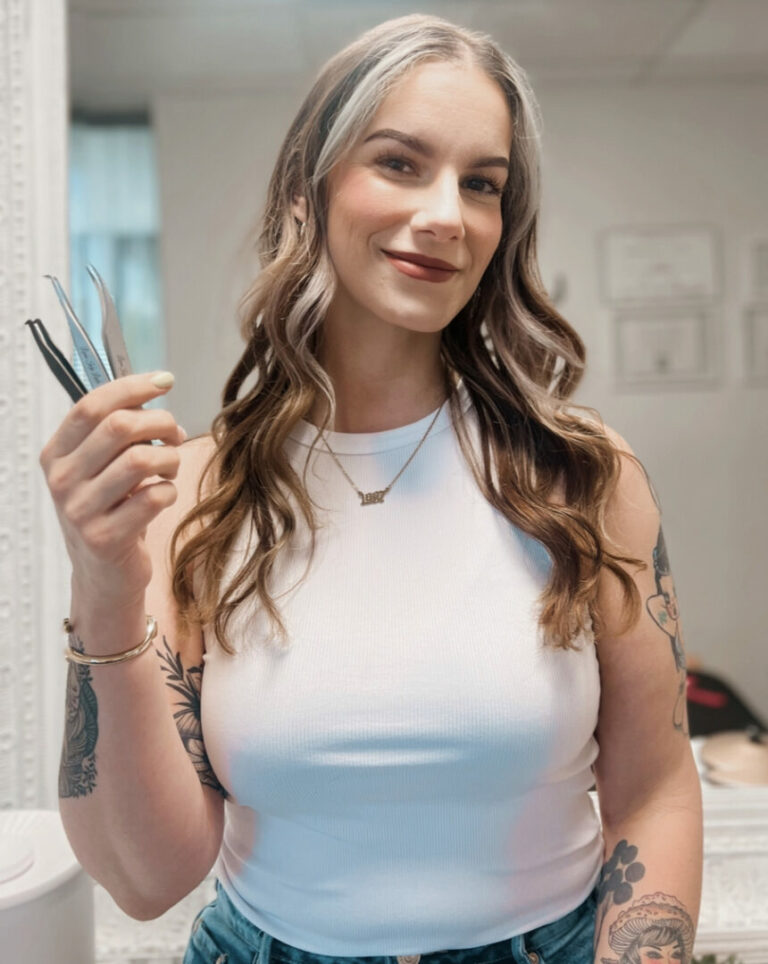
I overcome imposter syndrome by acknowledging my success and reflecting on what I have achieved. I focus on my unique skills because I specialize in colored lashes and color theory. I seek feedback from my clients and peers. I challenge my negative thoughts. When those self-doubts creep in, counter them with facts. I’ve built a thriving business and loyal client base- that’s not luck or coincidence, it’s my expertise. I surround myself with support. Being a part of a network of like-minded professionals can help you see that you’re not alone in feeling this way. Focus on growth, not perfection. Everyone is continuously learning and evolving, and you’re no different. Your ability to adapt and grow is what makes you stand out, not just your current skill level. Read more>>
Emily Pritchett

When I have those thoughts of imposter syndrome, I have to remember that my work / life experience has all lead to this moment. Every laugh, sweat or tear has brought me to my own definition of success and I need to be present to enjoy every minute of it. Read more>>
Juan Casal
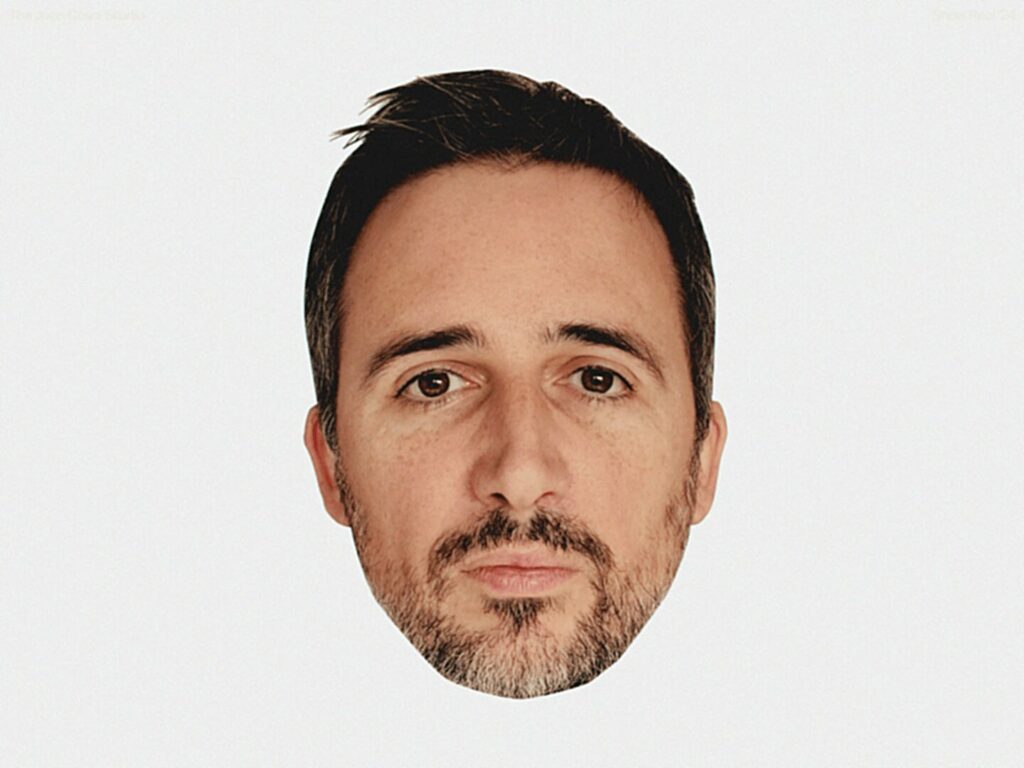
It’s very simple, I know I’m an impostor! Every day I start working and ask myself: How did I get here doing what I do?!
I always try to do the best work possible, but it’s hard to fight against myself. The worst part is coming up with a better idea for a project that’s already finished. It’s like feeling that what you did could have been better, but it’s already out there.
The good thing is that I forget about it soon enough (when I see the next thing I’m working on!). Read more>>
Sarah Simon

Let’s be honest. Imposter syndrome is something that’s going to come up whenever we start something new, level up, or have days where we’re a bit off. I’ve struggled with imposter syndrome throughout the years, and while it still comes up sometimes, I’ve learned ways to overcome it. The first step is accepting whatever feelings I have in any given moment, letting them be with me. I learned from a life-changing coaching experience that sitting with difficult feelings, without judgement, is the quickest way for them to go away. Read more>>
Jennifer Messina

Overcoming imposter syndrome has been a long and personal journey for me, rooted in confronting my deepest feelings of self-doubt and worthlessness. I struggled with believing I didn’t deserve success or happiness, especially after my first queer relationship and battles with mental health. But through therapy, rehab, and programs like Co-Dependents Anonymous (CoDa), I started to see my worth beyond external validation. Creating City Rose was a turning point—it forced me to own my experiences, flaws and all, and recognize that my story matters. By embracing my vulnerabilities, I learned that I’m not an imposter; I’m simply evolving, just like everyone else. Read more>>
Cris Rat

This is a long one, so… TL;DR; You will be winging it a lot in life. SECRET: we’re all winging it. You’re doing fine! Imposter syndrome seems to be something quite prevalent across Eastern Europe, particularly in my generation. Or at least I’ve seen it plenty. We never know or see enough and we all live in our own bubble. It was a difficult time growing up. I grew up in Romania, post Communist days – the hatred of which, that I have, could fill the entire known Universe, and then some, but let’s not get bogged down on who hates what – suffice to say, they were tough times. Read more>>
Jacklynne Marder

Instead of thinking about imposter syndrome as an enemy and buying into it’s self-limiting stories like “you’re not good enough”, I try to think of it as a protective friend. Instead of seeing imposter syndrome as a sign of not being ready for something, I try to think of it as as a part of me that’s showing up to keep me safe and protect me from the vulnerability of expansion. So, when imposter syndrome comes up, I thank it and have a compassionate relationship with it. I practice internally saying, “Thank you for being here. You are my indication that I’m doing what I need to need to do right now in my life to grow and expand.” Read more>>
Chelsea & Ian Holmes
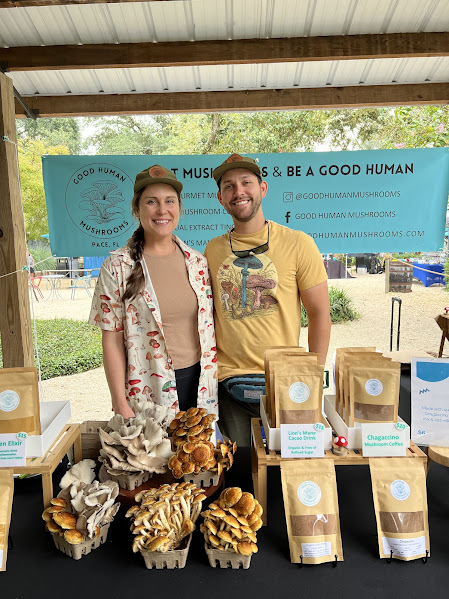
We have both dealt with imposter syndrome our whole lives, and I don’t think we will ever really overcome it. It is something that prevented us from starting our entrepreneurial journey for many years, but finally we learned to take the leap and trust ourselves enough to start. Throughout the process of starting a small business there was always a voice in our head telling us we were not good enough, but we allowed it to be just that, a thought in our head that comes and goes. Read more>>
Erica Bailey

Overcoming imposter syndrome has been a pivotal part of my professional journey. Initially, I thought I was alone in experiencing these persistent feelings of self-doubt. It wasn’t until a meaningful conversation with my friend and colleague, Tony Stark Policci, that I realized many of us grapple with this issue. This revelation was eye-opening and prompted me to delve deeper into understanding imposter syndrome and strategies to overcome it. Read more>>
Jordan Allen

There is no single cause for “Imposter Syndrome”. I personally think “Imposter Syndrome” is from the voices others have planted in your head. How do I overcome it? By reminding myself I deserve to be where I am because of my own efforts. One of the best ways to get over negative self tihnking is to challenge it with the evidence. If the negative thought of say me “not deserving of x & y acknowledgemet” I just remind myself of my prior accomplishments. Read more>>
Deborah Missy Scott

I overcame imposter syndrome by showing up and doing the work, regardless of the spaces I was in or the doubts I faced. From being the only person who looked like me in elementary school, to stepping into male-dominated college classes and corporate environments, I always had to push past the stereotypes and preconceived notions others had of me—and the ones I had of myself.
Each time I entered a new space, I did so with a humble mindset, knowing I had much to learn. Read more>>
Lauren Baetz
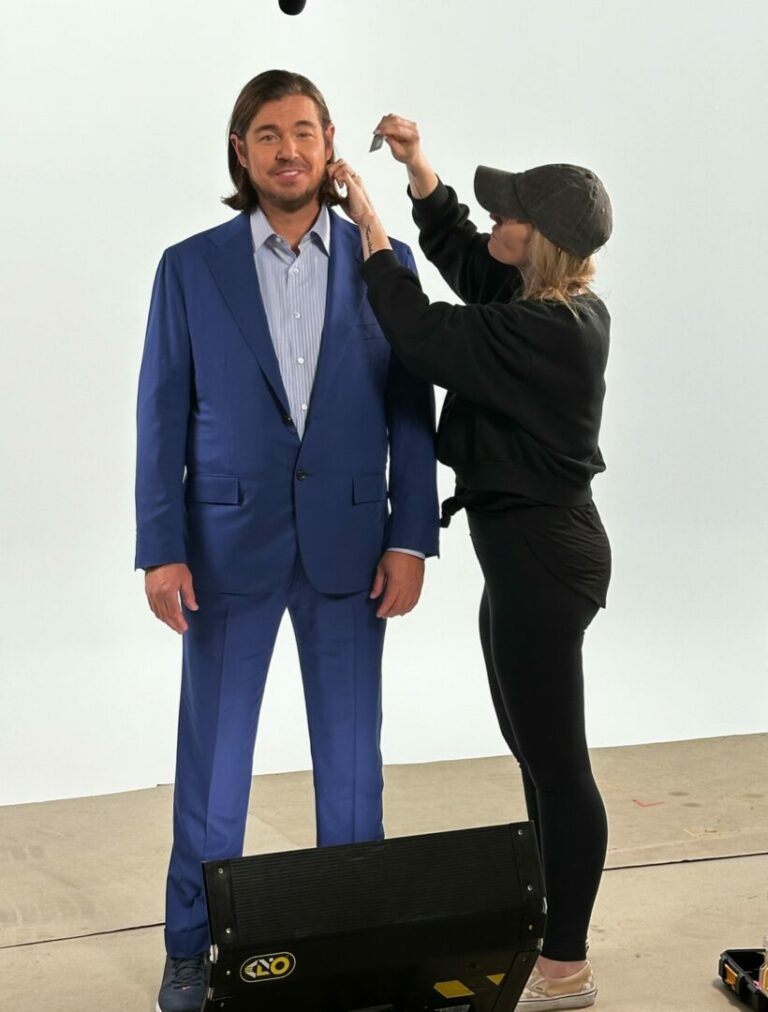
Can I just say? That this is an excellent question!
I think first I need to explain what “imposter syndrome” is to me because to be honest, I had to look it up. It is defined as “the subjective experience of perceived self-doubt in one’s abilities and accomplishments compared with others, despite evidence to suggest the contrary”.
For me, imposter syndrome manifests itself as if I’m not enough, or that I’m not worthy of my accomplishments or the life that I have today, but truth be told…I earned it.
I developed a really strong work ethic and being that I’m a people pleaser, that suits me well in my chosen field. Read more>>
Lesley Goth

I experienced imposter syndrome, a common human struggle that once had a paralyzing effect on me. It led me to doubt my skills, talents, and strengths, which in turn diminished my self-esteem. As a result, I not only refrained from using social media for personal enjoyment but also avoided it for business purposes. This anxiety and stress caused significant self-doubt, ultimately detracting from the joy I could have found in my work. Read more>>
Nelda Toñe

Imposter syndrome has been a very real part of my journey, especially as a storyteller. The first step for me was recognizing that what I was feeling was imposter syndrome—that gut feeling of not belonging, despite the years of hard work that brought me to where I am. Read more>>
Lana Lebedeva
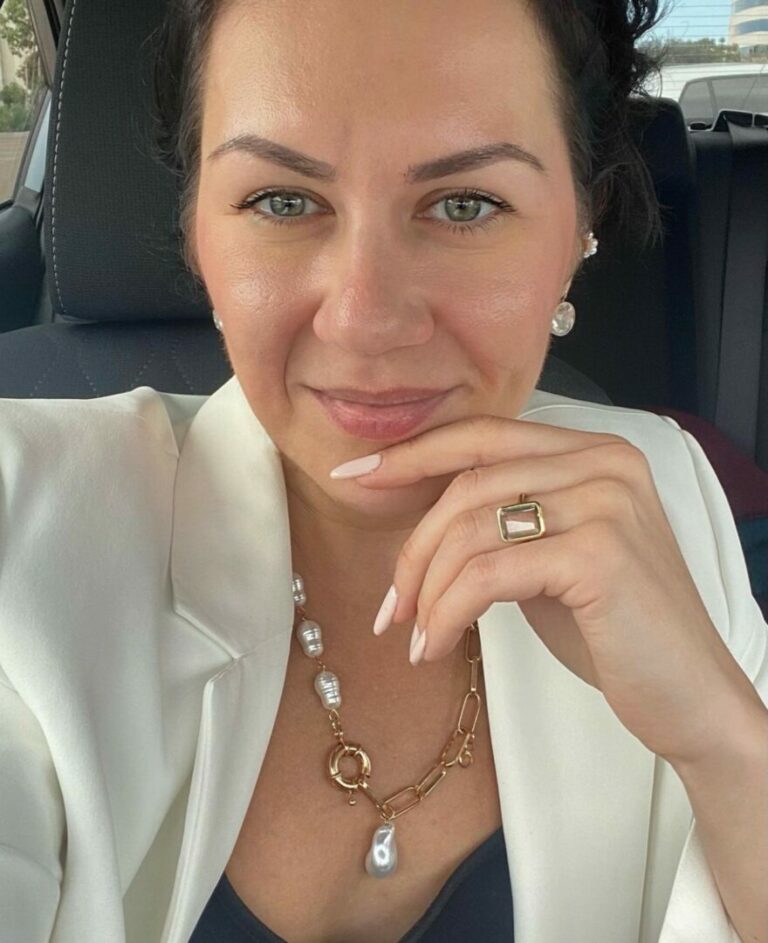
Imposter syndrome is a familiar feeling for many creatives, and as a photographer, I grappled with the question: “When can I truly call myself a photographer?” Is it when you earn money from a photoshoot? Does mobile photography count, or is it only when you’re using a professional camera? Or perhaps it’s when photography becomes your full-time job and primary income? These questions haunted me early in my journey, creating a sense of inadequacy and self-doubt. Read more>>
Jasmine Love

Oh man this is something I still have moments of fighting to this day, but when I catch myself thinking less of myself, I will try to look at the glass half full instead of half empty. I will hype myself up! I can be my biggest critic or my biggest hype man. I’ll just start saying positive things about myself and thinking and looking back on all my accomplishments. I tell myself girl you got it going on lol. And I’ll start believing it’s true, because why wouldn’t it be! Learning to practice self love is the first step to overcoming any imposter syndrome and self doubt. Speaking highly about yourself out loud and always making time for self care days and your hobbies, will always get you in the right mind set to believe more in yourself. Read more>>
Rhonda Johnson
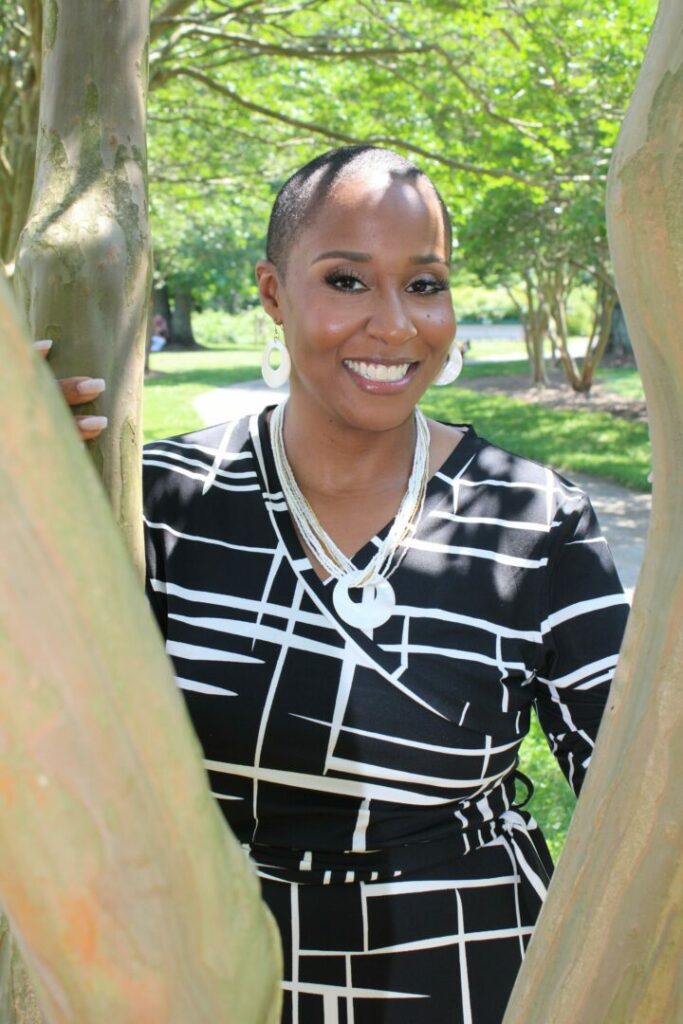
First off, I have suffered from imposte syndrome most of my life and it used to beat me down because I could never silence the voice (or thoughts) that said ‘You’re not good enough’ ‘You don’t belong here’ Changing my thoughts helped but changing my environment, really helped meaning I put myself in a position that I had to step up. So, for example, I recently got a part time job where I had no previous experience with the position but I have great people skills. Read more>>
Miki Anderson
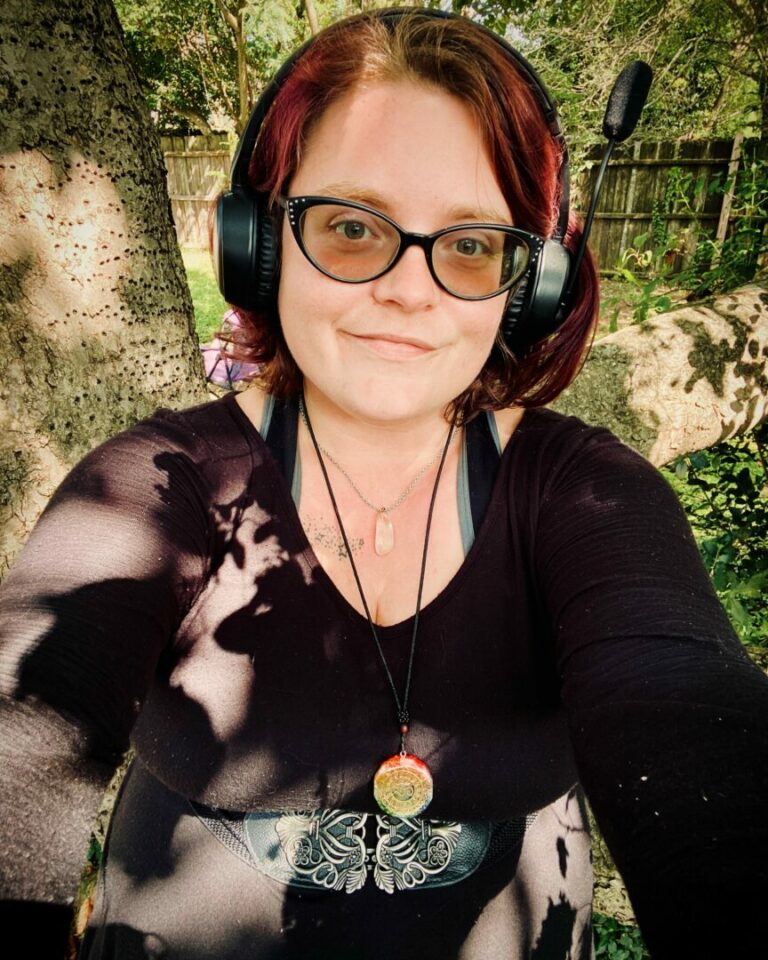
Honestly, I still battle with imposter syndrome from time to time. But I combat it by reminding myself that I have put in the work to be where I am. I am an expert in the mental health field, with the knowledge and experience to show for it. So I keep in mind that I have worked hard to get to where I am, and I deserve to be here. Read more>>
Star Quiñones

Imposter syndrome is one of those things that is an ongoing feeling to overcome- for me at least. There are a lot of seasoned coaches, there will be coaches with multiple degrees, there will be coaches who have larger audiences. But there isn’t another coach who has had the experiences you have, That’s what I have to continue leaning into. Being confident in my experiences as a mom of 3 and knowing what it’s like to not have a fitness influencer body. I have a regular mom bod. I don’t have an aesthetic garage. I don’t have a carefully crafted Instagram page. Read more>>
Ayonna Sullivam

There was a time when the loudest voice in my head was filled with negativity about myself. But I made a conscious decision to change that. After reading The Power of the Subconscious Mind, I didn’t even need to finish the book to grasp its message: the mind is incredibly powerful, and training it is key. I began incorporating “I am” statements into my daily routine, affirming my strengths and acknowledging my abilities. I accepted what I was good at and continue to work on it every day. Read more>>

